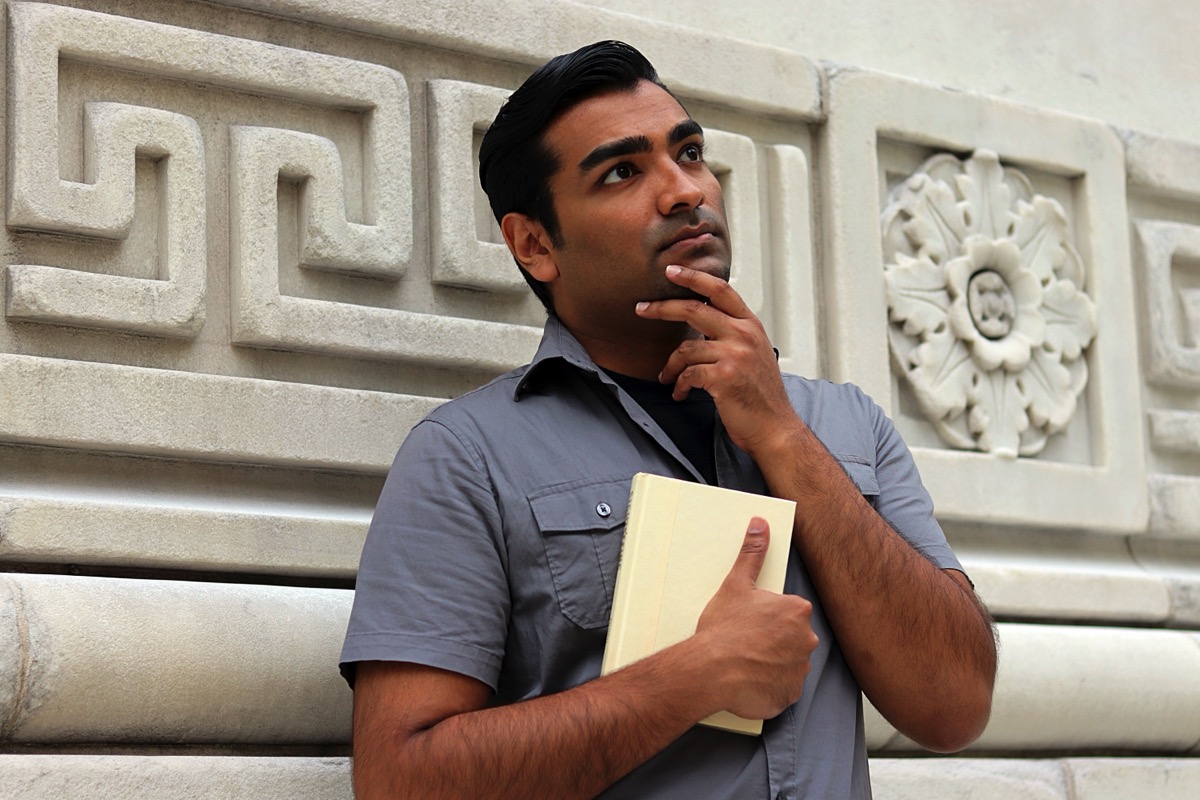
Your Rights as an NRI in UK
Living in the United Kingdom as a Non-Resident Indian (NRI) brings unique opportunities—and equally important responsibilities.
Whether you’re in the UK to study, work, do business, or reunite with family, understanding your legal rights and entitlements is essential to protect yourself and make informed decisions.
This guide offers an all-encompassing overview of your rights across key areas of life, including immigration, employment, education, healthcare, family matters, and more.
Immigration & Residency Rights
-
Visa Compliance: Your presence in the UK is governed by your visa status. Always adhere to the terms of your visa—whether it is a Student, Skilled Worker, Family, or Start-up visa. Overstaying or breaching visa terms can lead to legal consequences including deportation. More information – Coming to the UK from India
-
Biometric Residence Permit (BRP): If you’re staying longer than 6 months, you’ll receive a BRP which serves as proof of your right to live and work in the UK. Keep it secure and report loss or theft immediately.
-
Permanent Residency & ILR: After legally residing in the UK for a certain period (typically 5 years), you may be eligible to apply for Indefinite Leave to Remain (ILR), which grants you the right to live without immigration restrictions.
-
Appeals and Legal Recourse: If a visa is refused, you may have the right to appeal, request an administrative review, or reapply based on updated documents or circumstances.
Education Rights
-
Equal Access to Quality Education: International students are entitled to fair treatment and high academic standards in line with UK university guidelines.
-
University Support Services: Most universities offer academic help, visa assistance, mental health services, and peer mentoring specifically for international students.
-
Work While Studying: Student visa holders can work up to 20 hours per week during term time and full-time during official holidays.
-
Protection from Discrimination: You are protected from racial, religious, or cultural discrimination on campus under the Equality Act 2010.
Employment Rights
-
Legal Employment Status: You can work legally if your visa allows it. Know your working hour limits and sector restrictions.
-
Minimum Wage & Workplace Protection: You’re entitled to at least the UK minimum wage, paid holidays, rest breaks, and a safe workplace.
-
Protection Against Discrimination: The law prohibits discrimination based on race, religion, nationality, gender, or disability.
-
Right to Unionize: You have the legal right to join a trade union and seek support in workplace disputes.
- Taxation: Understand your tax obligations. More information – For queries, contact HM Revenue & Customs: Income Tax and Capital Gains for Non-UK Residents.
Healthcare Rights
-
NHS Access: If you’ve paid the Immigration Health Surcharge, you are eligible for full NHS coverage, including GP services, emergency care, and hospital treatment.
-
Mental Health Support: Access free mental health services via the NHS or through university support systems. This includes counselling, therapy, and crisis intervention.
-
Private Healthcare: You may also opt for private health insurance if you want faster access or specialized care.
Housing Rights
-
Safe and Legal Accommodation: Whether you live in student housing, rental flats, or with family, you are entitled to a safe, habitable living space.
-
Tenancy Agreements: All rental agreements must be documented, and deposits must be held in a government-backed deposit protection scheme.
-
Protection Against Unlawful Eviction: Landlords must follow a legal process before evicting tenants. Know your rights under the Housing Act.
Marriage, Civil Partnerships & Cohabitation
-
Marriage Rights in the UK: NRIs can legally marry in the UK, whether to another NRI, British citizen, or a third-country national. Civil or religious ceremonies are both recognized.
-
Notice of Marriage: You must give notice at a local register office at least 28 days before the ceremony.
-
Recognition of Indian Marriages: Legally registered Indian marriages are generally recognized in the UK, though it’s advisable to retain English-translated and notarized copies.
-
Cohabitation Rights: Unmarried partners who live together may have certain legal protections, but not the full rights of married couples. Consider a cohabitation agreement for clarity.
- More Information – Marriages and Civil Partnerships in England and Wales.
Divorce & Separation
-
Legal Divorce in the UK: You can file for divorce in the UK even if the marriage took place in India, provided one spouse is a UK resident.
-
Grounds for Divorce: The UK now allows “no-fault” divorces, simplifying the process without assigning blame.
-
Financial Settlements: Courts consider assets, income, and children’s needs. Spousal support and asset division may be granted.
-
Recognition in India: Indian law may or may not recognize UK divorce rulings unless the decree meets Indian legal standards. Consultation with Indian legal counsel is advised.
- More information – Legal Aid: Legal Problems Abroad.
Death & Bereavement Rights
-
Registering a Death: A death in the UK must be registered within 5 days (or 8 in Scotland). A death certificate is then issued.
-
Repatriation to India: Bodies can be repatriated to India with assistance from the Indian High Commission and local funeral services.
-
Wills and Inheritance: If the deceased had a UK will, local law applies. In absence of a will, the estate is distributed according to intestacy rules. Dual assets in India and UK may require parallel legal processes.
-
Funeral Arrangements: Various faith-based and secular funeral services are available. Local councils may assist in cases of financial hardship.
- Guidance is available here: India: Bereavement Information.
Mental Health & Wellbeing Rights
-
Right to Confidential Support: NHS mental health services are free and confidential. Universities also offer trained counsellors.
-
Disability Protections: Mental health conditions are recognized as disabilities, entitling you to reasonable adjustments at work or university.
-
Emergency Support: 24/7 mental health helplines and walk-in crisis centers are available. You can also contact Samaritans at 116 123.
Digital & Consumer Rights
-
Data Privacy: Your personal data is protected under the UK’s GDPR. You have the right to access, amend, or delete your personal information.
-
Consumer Protections: You have the right to refunds, returns, and fair trading under the Consumer Rights Act 2015.
-
Online Safety: Be cautious of frauds, especially visa scams, fake job offers, and phishing. Report fraud to Action Fraud (0300 123 2040).
Indian Identity & Consular Rights
-
Overseas Citizenship of India (OCI): While India doesn’t allow dual citizenship, OCI cardholders enjoy visa-free travel and property ownership rights in India (with some exceptions).
-
Consular Assistance: The Indian High Commission in the UK can help with passports, legal matters, OCI, and emergency repatriation.
-
Voting in Indian Elections: NRIs can vote in Indian elections only if physically present in their Indian constituency.
Essential Helplines & Resources
| Service | Contact |
|---|---|
| Emergency Services | 999 |
| Non-Emergency Police | 101 |
| NHS Medical Advice | 111 |
| Indian High Commission |
+44 20 8629 5950 / HCI London Contact |
| Mental Health Helpline | 0800 138 0990 |
| Samaritans (Mental Health) | 116 123 |
| Citizens Advice Bureau | www.citizensadvice.org.uk |
